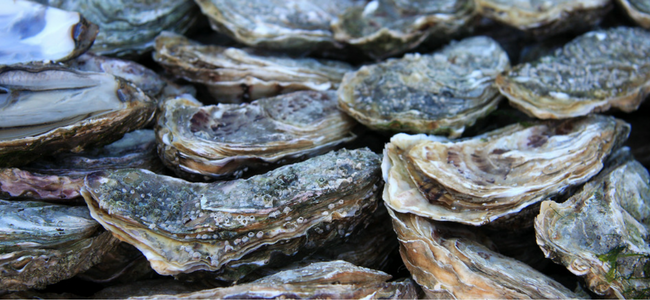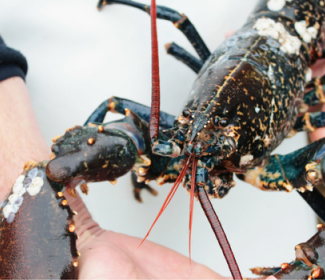Boosting businesses along the fisheries supply chain

The 'Boosting businesses along the fisheries supply chain' event took place in Thessaloniki, Greece from 18-20 October 2016.
The event was designed to equip Fisheries Local Action Groups (FLAGS) with the tools to help local stakeholders tap into opportunities along the fisheries supply chain. In particular, the mix of plenary sessions and working groups focused on trends and opening up new markets for local fisheries and aquaculture products, linking the private sector with science and research, ensuring direct support is available to local businesses in FLAG areas, and better engaging aquaculture producers and fishermen (especially small scale and coastal) to work in new ways to boost business opportunities.
The seminar was followed by a study visit to projects in the Thessaloniki FLAG area.
Grant Course, who attended the event representing the Dumfries and Galloway FLAG, said:
"The conference was an excellent opportunity for FLAG representatives and government officials to interact and discuss the different fisheries related challenges faced in the different regions. It was also useful to see that there are also a lot of similarities between the Dumfries and Galloway region and these countries. Future collaboration or interaction with some of these countries should be encouraged and there are also opportunities for Dumfries and Galloway fisheries to consider adopting some of the approaches presented and witnessed on the field trips.
"Particular examples include the farming of queen scallops and mussels and the processing and purification of these species and also the Galician cockle project where local stock identity and management was a key component of the research and management project. Also the farming of freshwater coarse fish (e.g. carp) is a well established food source industry in most other European countries, especially the Baltic states and this is an area that perhaps the UK could develop.
"The conference was well organised and the content of the plenary sessions was useful and of interest. Using informal sessions and working groups also ensured full participation and allowed delegates to learn from each other’s experiences."
You can find more information from the event, including presentations, on the FARNET website.



